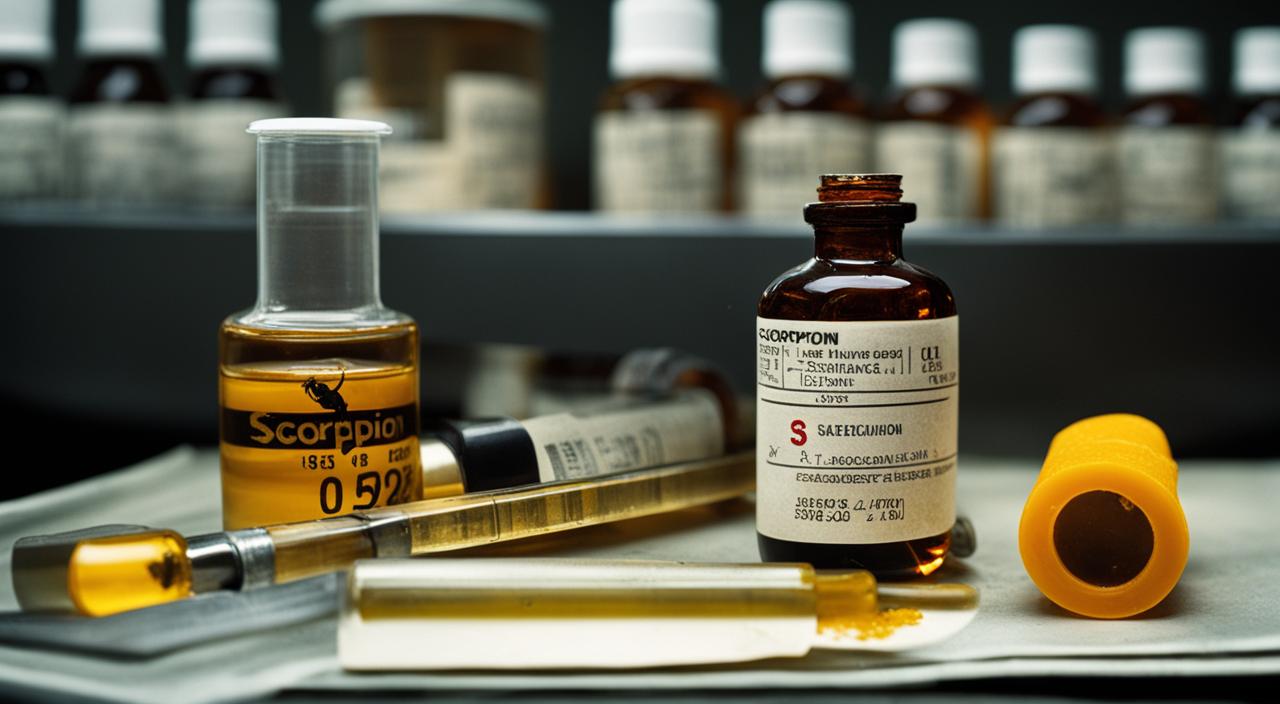
Scorpions are predators that use their venom for subduing prey and self-defense. Scorpion venom is a diverse and complex mixture of biochemical compounds, offering potential in various research fields, including biotechnology and cancer therapy.
The commercial trade of scorpion venom has placed additional pressure on scorpion populations, alongside existing threats such as habitat destruction.
The demand for scorpion venom has led to the emergence of scorpion farms in countries like Iran, where entrepreneurs claim substantial earnings from venom extraction. However, the sustainability and quality of venom extracted from these farms are questionable, raising concerns about the impact on scorpion biodiversity.
To prevent further biodiversity loss and ensure the conservation of scorpions, governments, universities, and scientific societies should take urgent action by conducting faunistic surveys, developing national lists of endemic species, and promoting conservation education.
Potential Value of Scorpion Venom in Medicine and Research
Scorpion venom, with its diverse and complex mixture of biochemical compounds, holds great promise in the field of medicine and research. Scientists from Stanford University have made significant discoveries regarding the potential medicinal properties of scorpion venom.
They have found that certain substances derived from scorpion venom can effectively neutralize antibiotic-resistant bacteria, including tuberculosis and staphylococcus. This breakthrough is particularly crucial in the fight against drug-resistant bacteria, as it opens up new avenues for developing novel treatments.
Moreover, scorpion venom has shown the ability to overcome the blood-brain barrier, a natural defense mechanism that prevents many drugs from reaching the brain.
This property of scorpion venom has the potential to revolutionize the treatment of neurological disorders by allowing therapeutic substances to target the brain directly. Researchers are currently exploring the use of scorpion venom in developing treatments for conditions such as Alzheimer’s disease and brain tumors.
While the natural production of scorpion venom can be prohibitively expensive, scientists have successfully synthesized synthetic analogs of the venom’s antibacterial compounds.
This offers a more sustainable and cost-effective approach to harnessing the therapeutic potential of scorpion venom. By studying and replicating the key components of scorpion venom, researchers can develop targeted treatments and drugs that have the potential to save lives and improve patient outcomes.
Commercial Market for Scorpion Venom
The trade of scorpion venom has created a small but thriving commercial market, with buyers and marketplaces available for those looking to sell their venom. Researchers and scientists actively seek out scorpion venom for their studies, making them potential buyers in the market.
Furthermore, online platforms exist where sellers can list their scorpion venom for sale, providing a convenient avenue for connecting with potential buyers.
However, it is essential to understand the legal and regulatory aspects surrounding the trade of scorpion venom. Some countries have banned the sale of scorpion venom, making it crucial to research and comply with local laws and regulations. Engaging in illegal trade can have severe consequences and result in legal penalties.
Where to Sell Scorpion Venom
- Online marketplaces: Look for reputable online platforms that cater specifically to the trade of scorpion venom.
- Scientific communities: Connect with researchers and scientists who may have a need for scorpion venom in their studies.
- Specialized buyers: Seek out individuals or organizations known for purchasing scorpion venom for various purposes, such as antivenom production or medical research.
When considering the price of scorpion venom, several factors come into play. The quality of the venom, the species of scorpion it comes from, and the current market demand all influence the price per gram.
Consulting with experts or scientists in the field can provide valuable insights into the market dynamics and help sellers determine a fair price for their venom.
As with any valuable resource, it is essential to approach the commercial market for scorpion venom responsibly. Sustainable practices and ethical sourcing are crucial to ensure the conservation of scorpion populations and mitigate the impact on scorpion biodiversity.
By prioritizing responsible trade and working towards stricter regulations, we can maintain a balance between the commercial value of scorpion venom and the preservation of these fascinating creatures.

Importance of Responsible Scorpion Venom Trade
The unsustainable and unregulated trade of scorpion venom can have severe consequences for scorpion populations and biodiversity. Scorpions are delicate creatures with specific ecological requirements, and their slow reproductive rates make them vulnerable to overharvesting.
Inadequate harvesting practices can deplete scorpion populations, disrupt ecosystems, and compromise the delicate balance of nature.
To address these concerns, it is crucial to prioritize sustainable and ethical practices in the trade of scorpion venom. Responsible sourcing and extraction methods should be implemented to ensure the well-being of scorpion populations and their habitats.
This includes working closely with local communities and indigenous peoples to develop strategies that promote both economic viability and conservation.
Furthermore, strict regulations and monitoring systems need to be put in place to prevent the illegal trade of scorpion venom.
By enforcing these measures, we can safeguard the integrity of the scorpion venom market, protect against fraudulent or substandard products, and support the growth of a sustainable industry that benefits both researchers and conservation efforts.
Ultimately, the conservation of scorpion populations and their habitats should be a shared responsibility.
Collaboration between governments, conservation authorities, scientific communities, and the public is essential to ensure the long-term survival of these fascinating creatures and the important role they play in our ecosystems.






